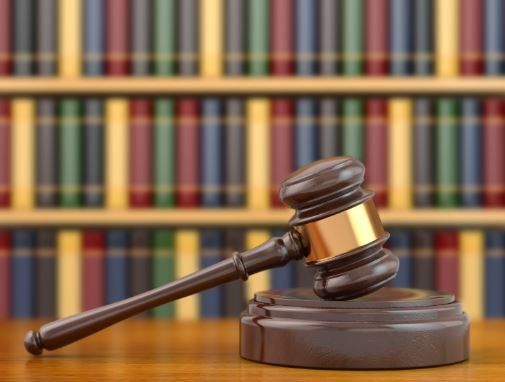Everything You Need to Know About Child Support
- By Hawley and Rodgers
- •
- 22 Oct, 2019
- •

A divorce or separation is rarely easy, and it can be even more complicated if there are children involved. Once the divorce and custody arrangements have been finalised, you may find yourself wondering what happens next. Child support payments may be just one aspect of your new co-parenting agreement, and they are in place to ensure that both parents share the financial responsibility of raising their children.
If you’ve recently been through a divorce or separation, and want to know more about child support payments, read on for our brief guide below.
Also called child maintenance, child support payments are periodical sums of money paid by the non-resident parent (whoever does not live with the child or children), to the resident parent (the person responsible for the majority of the children’s everyday care). Either parent can be eligible to pay child support, although in most cases the parent with primary custody is the mother, so the father would be the one paying maintenance.
Payments are made in accordance with a maintenance agreement, and you can speak to The Child Support Agency for help with an application, or to learn more about existing maintenance schemes. A common method is ‘Collect and Pay’, where payments are made to the Child Maintenance Service (CMS), and then passed on to the residential parent.
The amount of maintenance required is calculated based on the paying parent’s gross weekly income, and CMS will work out an amount following an application from either the resident or non-resident parent. In some cases, parents may disagree on how much should be paid, but CMS can help you come to an agreement.
There are several circumstances where the non-resident parent may be exempt or qualify for a reduced rate, including if their gross weekly income is less than £7, if you are under 16, or if you’re claiming benefits such as Jobseeker’s Allowance or Income Support.
What happens if payments aren’t made?
Failure to pay agreed child support payments can result in an automatic deduction of the money owed from your earnings, a driving ban, or even a prison sentence. CMS can also use a liability order to take action such as sending bailiffs to seize belongings, or forcing the sale of property or other assets in order to collect the money owed .
If you are the parent in receipt of the payments, CMS will keep you up to date with their course of action, and it’s vital that both parents inform the Child Maintenance Service of any changes to their income or living situation.
If you need legal assistance regarding custody arrangements or child support, get in touch with the expert team at Hawley and Rodgers. Our child law solicitors have a wealth of experience settling any legal disputes where children are involved, and we can be there by your side to guide you through every step of the process. For more information or to make an appointment, give us a call today or visit our website.











